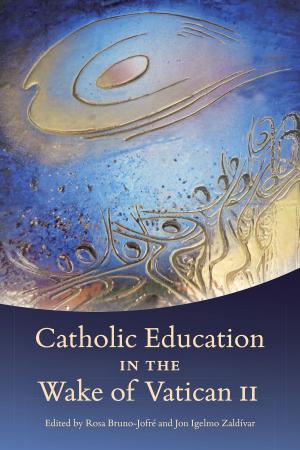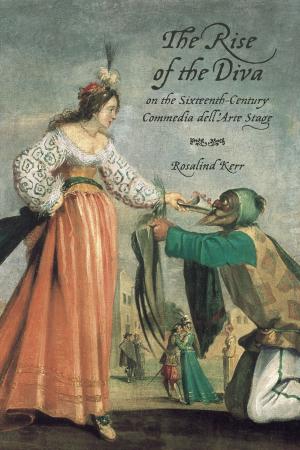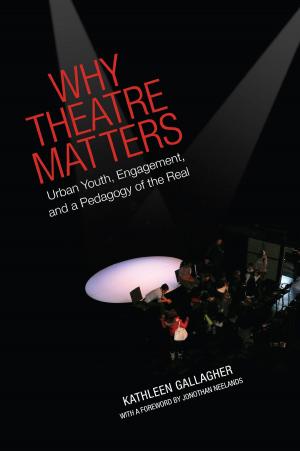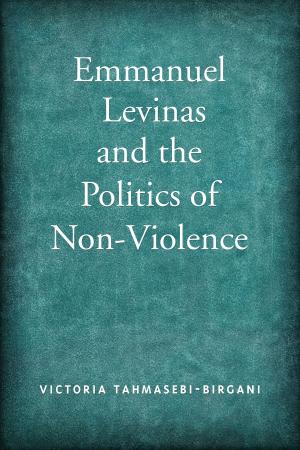The World of Dante
Six Studies in Language and Thought
Fiction & Literature, Literary Theory & Criticism, Medieval, Nonfiction, History, Italy| Author: | ISBN: | 9781442654594 | |
| Publisher: | University of Toronto Press, Scholarly Publishing Division | Publication: | December 15, 1966 |
| Imprint: | Language: | English |
| Author: | |
| ISBN: | 9781442654594 |
| Publisher: | University of Toronto Press, Scholarly Publishing Division |
| Publication: | December 15, 1966 |
| Imprint: | |
| Language: | English |
In celebration of the 700th anniversary of the birth of Dante in 1265 the Dante Society of Toronto invited six internationally known scholars to address its members. Believing that the greatest tribute to Dante lies in the constant acquisition of a deeper knowledge of his work, the Society prescribed no common theme, but asked only that each paper should present an original contribution to Dante scholarship, deriving from the speaker's individual thought and research. Together, these contributions indicate the range and direction of Dante studies in North America today.
The first paper, by Glauco Cambon, deals with Dante's developing attitude to language, which finds its highest and appropriate expression in the Divina Commedia—i.e., dramatic utterance and the becoming of the word. John Freccero shows by a study of the "River of Death" in Inferno II, 108, that the poem was written as a confession of faith for other men; John M. Mahoney, appealing to the Victorine-Augustinian tradition, considers the place of the Purgatorio in the time scheme of the Divina Commedia. Joseph Anthony Mazzeo, through a reading of the Divina Commedia in the light of the Paradiso, concludes that Dante has gradually reduced what are objects of thought—the discourse of philosophers and theologians—to objects of sight, and that the poem ends in silence and vision. Gian Roberto Sarolli, in what he describes as a neopositivist approach, seeks the precise meaning of some of Dante's most problematical terms in their historical and literary context. Finally, Erich von Richthofen studies some key concepts and images, both classical and Christian, referring to justice in the Divina Commedia and Monarchia, particularly in their relation to the preceding epic literature of the Middle Ages.
This volume, which makes a valuable and enduring contribution to Dante studies, will appeal to all students of mediaeval culture, and especially to students of Dante.
In celebration of the 700th anniversary of the birth of Dante in 1265 the Dante Society of Toronto invited six internationally known scholars to address its members. Believing that the greatest tribute to Dante lies in the constant acquisition of a deeper knowledge of his work, the Society prescribed no common theme, but asked only that each paper should present an original contribution to Dante scholarship, deriving from the speaker's individual thought and research. Together, these contributions indicate the range and direction of Dante studies in North America today.
The first paper, by Glauco Cambon, deals with Dante's developing attitude to language, which finds its highest and appropriate expression in the Divina Commedia—i.e., dramatic utterance and the becoming of the word. John Freccero shows by a study of the "River of Death" in Inferno II, 108, that the poem was written as a confession of faith for other men; John M. Mahoney, appealing to the Victorine-Augustinian tradition, considers the place of the Purgatorio in the time scheme of the Divina Commedia. Joseph Anthony Mazzeo, through a reading of the Divina Commedia in the light of the Paradiso, concludes that Dante has gradually reduced what are objects of thought—the discourse of philosophers and theologians—to objects of sight, and that the poem ends in silence and vision. Gian Roberto Sarolli, in what he describes as a neopositivist approach, seeks the precise meaning of some of Dante's most problematical terms in their historical and literary context. Finally, Erich von Richthofen studies some key concepts and images, both classical and Christian, referring to justice in the Divina Commedia and Monarchia, particularly in their relation to the preceding epic literature of the Middle Ages.
This volume, which makes a valuable and enduring contribution to Dante studies, will appeal to all students of mediaeval culture, and especially to students of Dante.















